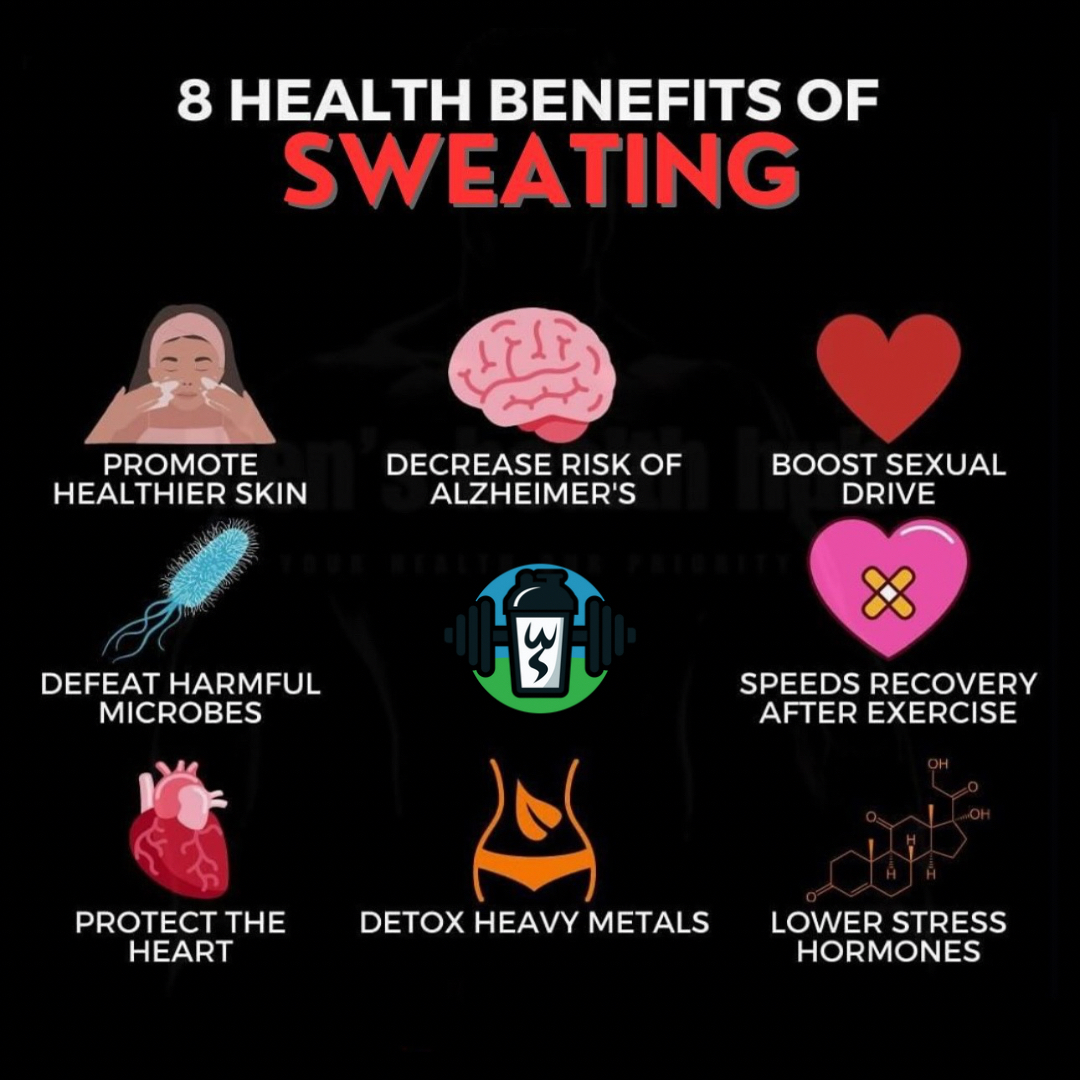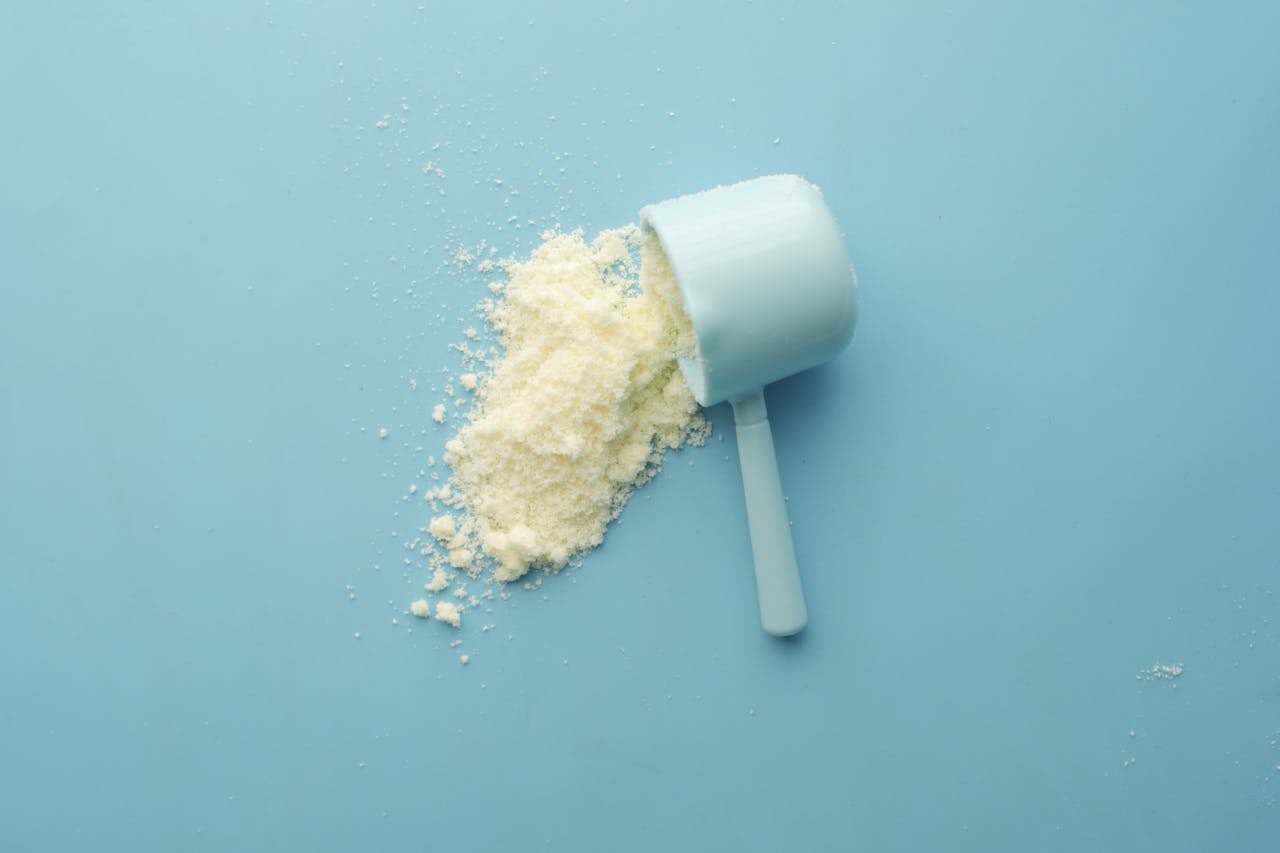Sign Up for Newsletter
Sweating is often associated with discomfort and inconvenience, but it’s actually one of the best things your body can do during exercise. Sweating isn’t just a way for your body to cool down—it offers a host of health benefits, from improving skin health to reducing your risk of diseases. Whether you’re hitting the gym or going for a run outdoors, learning how to achieve a good sweat can drastically improve your overall well-being. Let’s dive into the science-backed benefits of sweating and how you can incorporate more sweat-inducing activities into your fitness routine.

-
Promotes Healthier Skin
Sweating plays a major role in maintaining healthy skin. When you sweat, your pores open, and the moisture helps flush out dirt, dead skin cells, and toxins from your body. This natural cleansing process has been linked to fewer breakouts and clearer skin. According to a study published in Dermato-Endocrinology, sweat contains antimicrobial peptides that act as a defense mechanism against harmful bacteria on the skin, thus reducing the chances of infections and breakouts.
-
Decreases the Risk of Alzheimer’s Disease
Regular exercise that induces sweating has been shown to lower the risk of cognitive decline and diseases like Alzheimer’s. A study in the Journal of Alzheimer’s Disease found that people who engage in physical activities that make them sweat have a significantly lower risk of developing Alzheimer’s than those who lead a more sedentary lifestyle . This is likely due to the fact that sweating promotes better blood flow to the brain, reducing inflammation and promoting healthy cognitive function over time.
-
Boosts Sex Drive
Sweating during exercise doesn’t just help your physical health; it can also positively impact your sexual health. Increased blood circulation caused by exercise promotes better oxygen and nutrient delivery to all areas of the body, including the reproductive organs. Furthermore, sweating triggers the release of endorphins and testosterone, both of which are linked to higher libido and improved sexual performance . Regular exercise, particularly those that make you sweat, can enhance your body image and confidence, which are crucial factors in a healthy sex drive.
-
Defeats Harmful Microbes
Sweat contains dermcidin, an antimicrobial peptide that plays a key role in defeating harmful microbes. Research published in Nature Immunology suggests that dermcidin can kill bacteria such as Staphylococcus aureus and E. coli . This means that sweating helps your immune system by providing a natural defense against disease-causing pathogens, making you less susceptible to infections.
-
Speeds Up Recovery After Exercise
Sweating plays a critical role in exercise recovery. When you sweat, your body releases built-up lactic acid, which accumulates in muscles during intense physical activity and causes soreness. Sweating also helps reduce muscle inflammation by increasing blood circulation, delivering oxygen and nutrients to damaged muscles faster. A 2019 study published in the Journal of Sports Science and Medicine confirmed that individuals who sweat more during exercise experience less post-workout soreness and recover faster .
-
Protects the Heart
Sweating increases heart rate, which strengthens the heart muscle over time. A study conducted by the American College of Cardiology found that people who sweat during physical activity have a lower risk of cardiovascular disease . Sweating also helps regulate blood pressure, improve cholesterol levels, and enhance overall heart function by promoting circulation.
-
Detoxifies Heavy Metals
Sweating is one of the body’s ways of expelling toxic heavy metals. A 2012 study published in Archives of Environmental and Occupational Health found that sweating was an effective method for eliminating heavy metals like mercury, cadmium, arsenic, and lead . Regular exercise that promotes sweating can assist in lowering the concentration of these toxins in your body, which can lead to improved overall health.
-
Lowers Stress Hormones
Exercise is known to reduce stress, but sweating plays a unique role in this process. Sweating releases endorphins, which improve mood and act as natural painkillers. Furthermore, it helps decrease cortisol, the hormone responsible for stress. Lower cortisol levels are linked to reduced anxiety and depression. A study published in Psychosomatic Medicine showed that individuals who sweat regularly during exercise have better mood regulation and experience lower levels of perceived stress .
Tips to Break a Good Sweat
Now that we understand the wide-ranging benefits of sweating, let’s explore how you can make sure you’re breaking a sweat during your workouts:
- HIIT (High-Intensity Interval Training) – Alternating between short bursts of intense activity and rest periods is a highly effective way to raise your heart rate and generate sweat quickly.
- Hot Yoga – Practicing yoga in a heated room increases the intensity of the session, promoting heavy sweating while enhancing flexibility and detoxification.
- Cardio Outdoors – Running, biking, or even brisk walking in a warm climate can help you sweat more due to environmental factors, while still benefiting from the cardiovascular workout.
- Wear Layers – Wearing layers during exercise can trap body heat, prompting you to sweat faster.
Sweating is a natural and powerful way to boost your physical, mental, and sexual health. It’s time to embrace the benefits and break a good sweat! Whether you’re just starting your fitness journey or are a seasoned pro, Weights & Shakes has the supplements you need to fuel your body and make the most of your workouts. Check out our range of protein shakes, fat burners, and recovery products to support your fitness goals. Visit our Weights & Shakes Store to get started today!
References:
- Schmid-Wendtner, M. H., & Korting, H. C. (2006). The pH of the skin surface and its impact on the barrier function. Dermato-Endocrinology, 1(1), 23-28.
- Baker, L. D., et al. (2010). Effects of aerobic exercise on mild cognitive impairment. Journal of Alzheimer’s Disease, 22(2), 615-631.
- Hackney, A. C., et al. (2019). Exercise as a countermeasure for sexual dysfunction. Journal of Sexual Medicine, 16(1), 1-13.
- Murakami, M., et al. (2002). Antimicrobial peptides in sweat. Nature Immunology, 3, 1039-1043.
- Costello, J. T., et al. (2019). Recovery modalities following exercise-induced muscle damage. Journal of Sports Science and Medicine, 18(3), 397-406.
- O’Keefe, J. H., et al. (2012). Physical activity and cardiovascular health. American College of Cardiology, 60(1), 80-89.
- Sears, M. E., et al. (2012). The role of sweating in detoxification. Archives of Environmental and Occupational Health, 67(2), 96-101.
- Hamer, M., & Stamatakis, E. (2013). Physical activity and psychological distress. Psychosomatic Medicine, 75(2), 174-181.
Related Articles
Health & Wellness, Uncategorized




